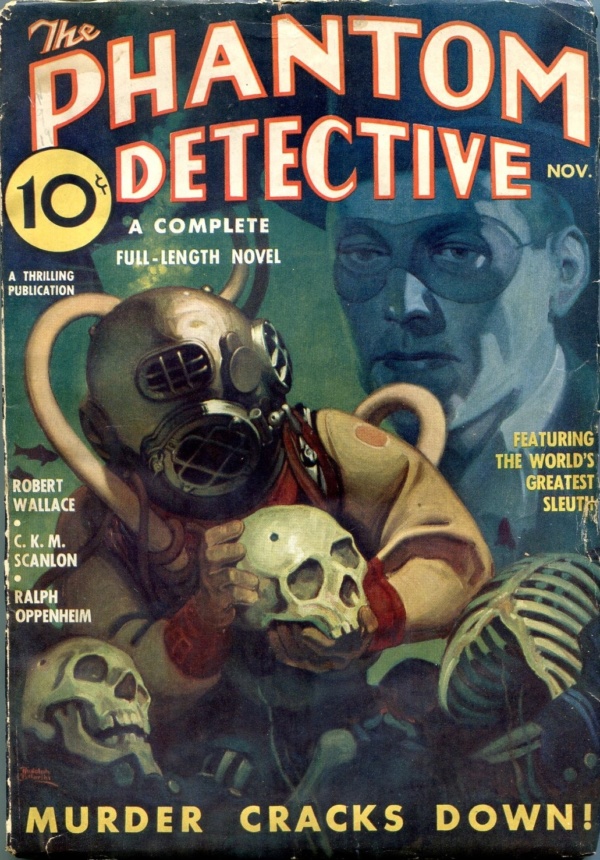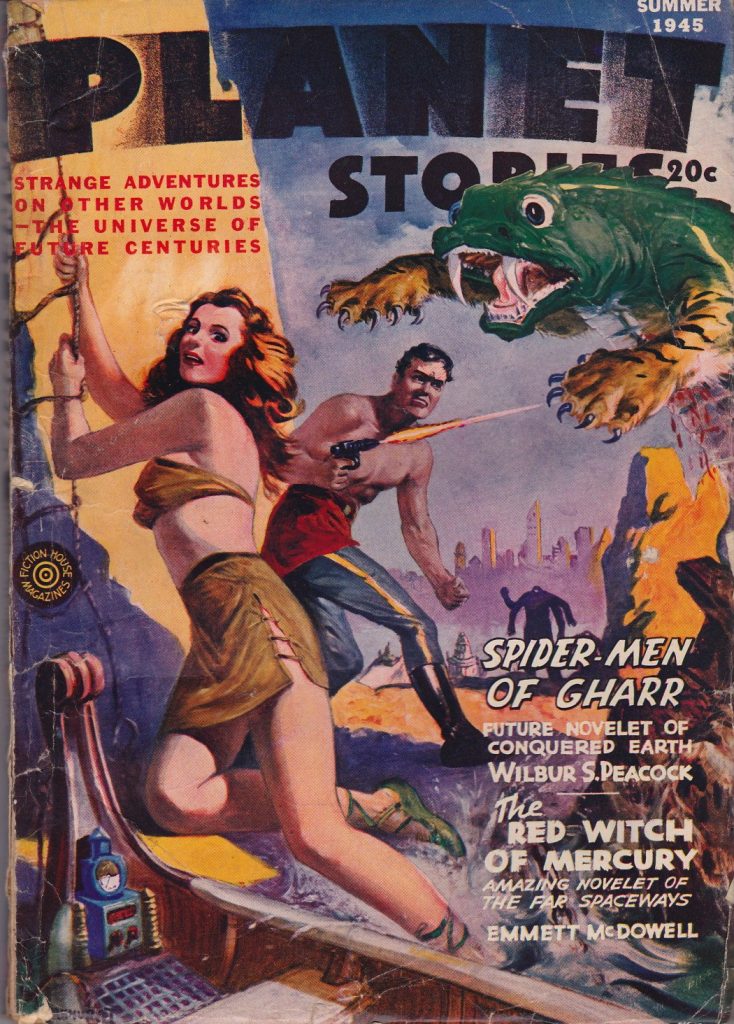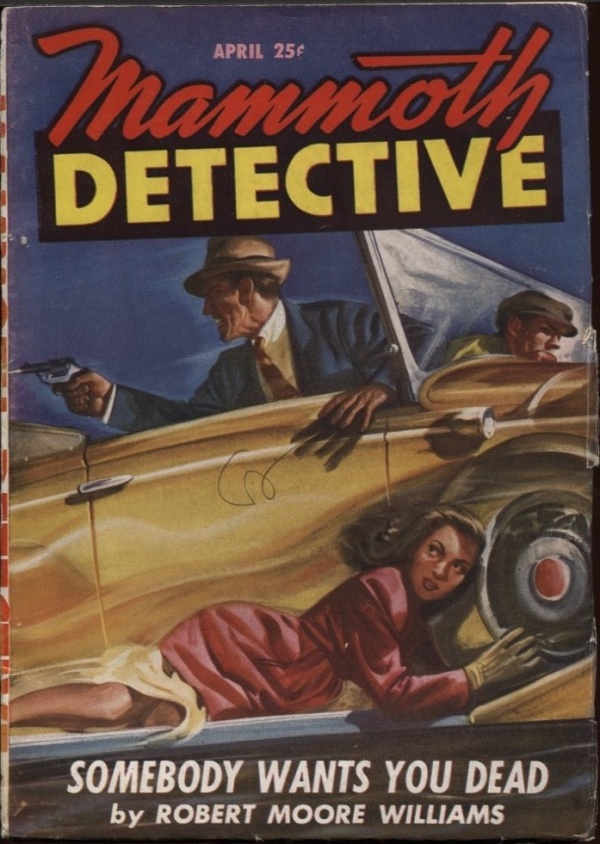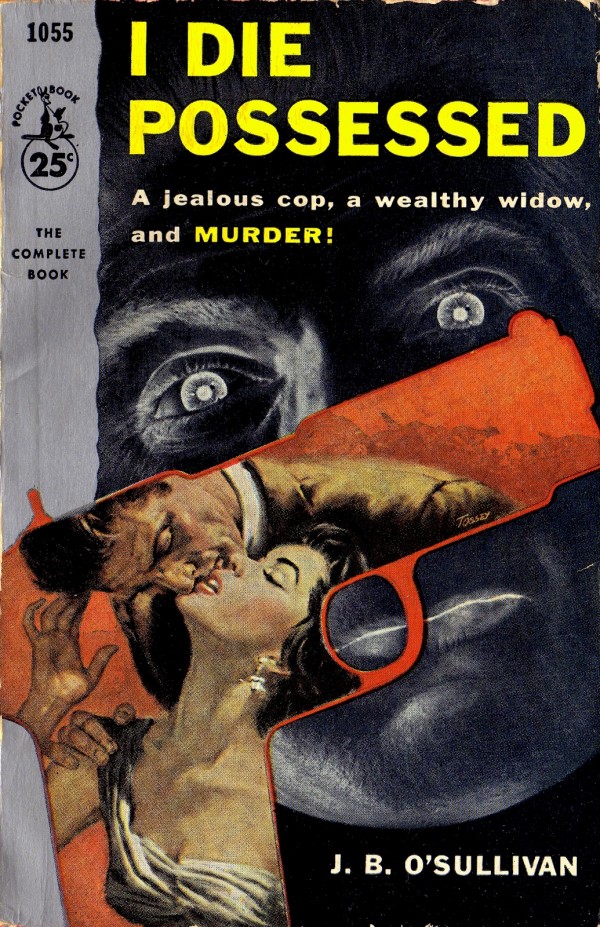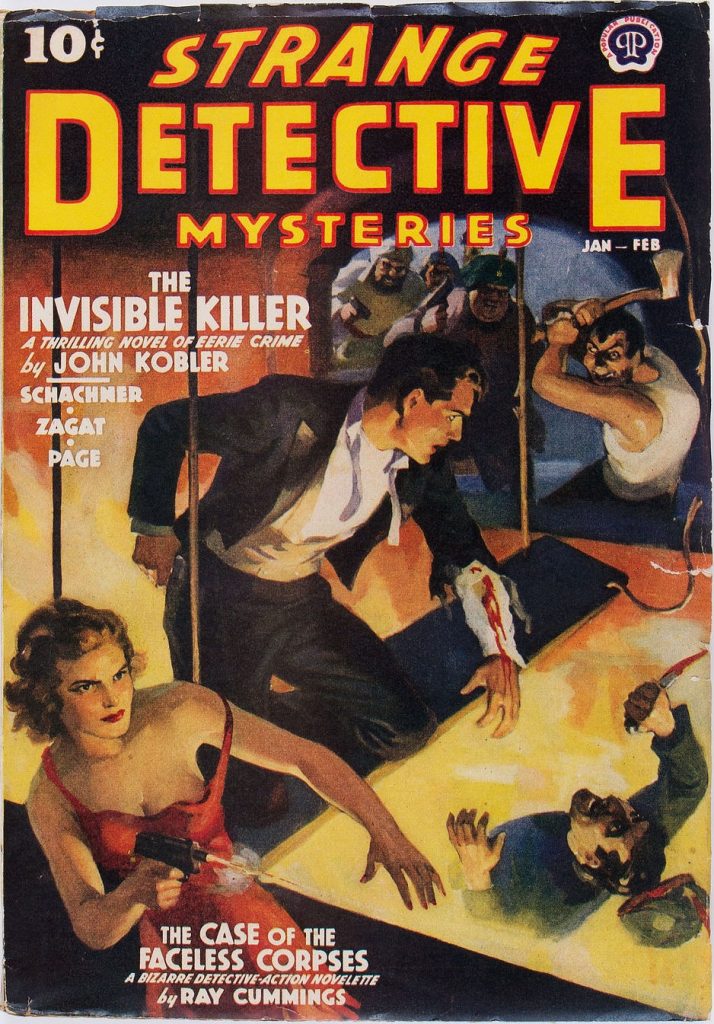The pulp critical is a minor analytic mode in which genre tokens are interpreted as arguments or ontological operations in their own right. Hence, it’s important to refuse the conventional terms of any standardized hermeneutics. The emphasis on “pulp” echoes the use of the term in literary history, where it refers primarily to popular fiction periodicals that fall into fantastic or “lowbrow” genres like hardboiled, horror, romance, or sci-fi. However, the classification of a given genre token (i.e., “to what genre does this token belong?”) isn’t the focus of the pulp critical at all.
Today, the word “pulp” bears a certain connotation, indicating camp, cheapness, or obscurity – whether it’s intended ironically or not. Everyone agrees: pulp is a guilty pleasure at best. It’s made to be thrown away.
By contrast, the pulp critical imputes genre tokens with an independent form of theoretical agency. From a pulp critical perspective, a genre token isn’t an example of anything else. It does all its own work. It generates its own theoretical framework; it provides its own terms. In other words, for the pulp critical, a genre token becomes a privileged and relatively self-contained site in which some aspect of the real takes shape. Accordingly, exogenous interpretive toolkits have no place in this mode of analysis. This means that critical theory in any recognizable sense simply disappears.
Think of the pulp critical as a channel, or a temporary host – the sole purpose of which is to give voice to whichever genre token temporarily seizes control of thought. In this regard, the pulp critical is closer to a form of possession than it is to anything else.
The pulp critical is also a metaphysics. This is because, in every genre token, a world takes place. These worlds may be partial, but, then, so is ours.
